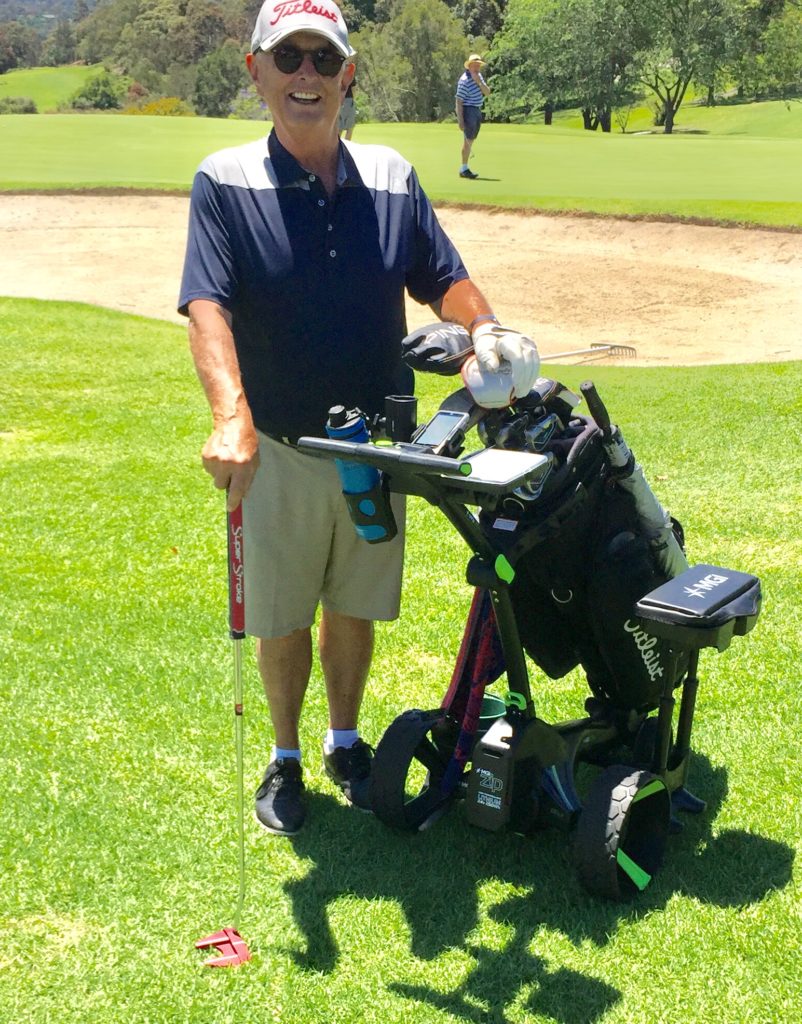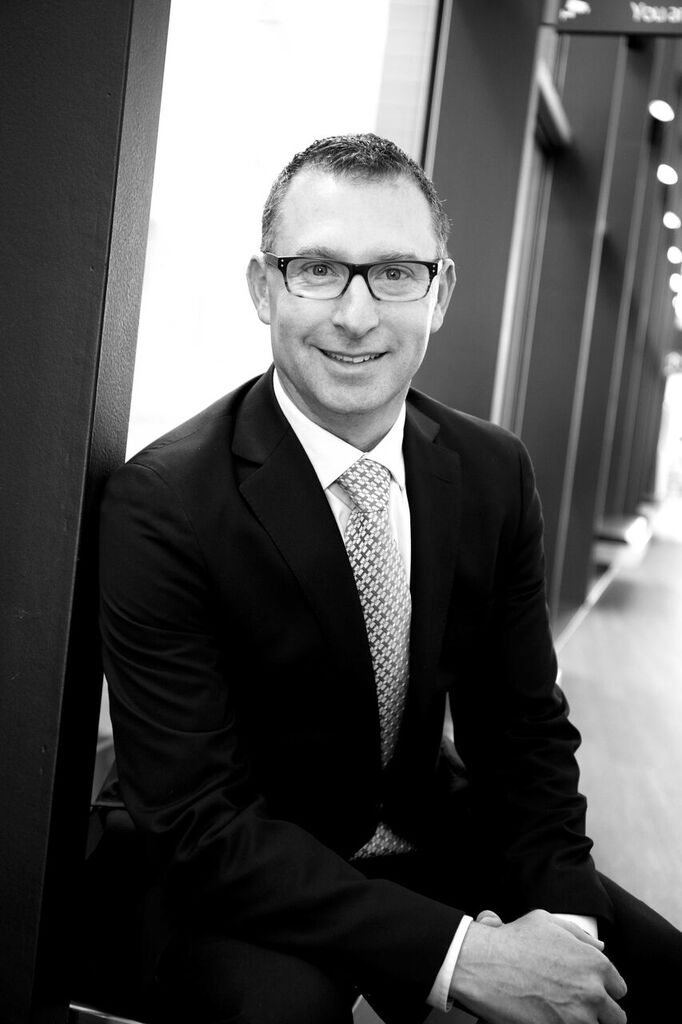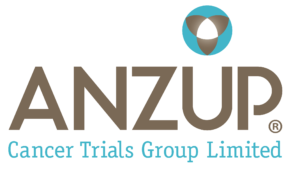Treatment choices and decision making (Q&A) with Doctor Gavin Marx and Robert Palmer

Dr Gavin Marx and his patient Rob Palmer talk about their shared decision making of the treatment choices for Rob’s prostate cancer. The information here provides insights into the doctor / patient relationship, decisions that need to be considered and the opportunities that exist with clinical trials as a treatment option.
Dr Gavin Marx is a consultant medical oncologist and practices at the Sydney Adventist Hospital and Northern Cancer Institute Frenchs Forest. He is the Clinical Director of the San Integrated Cancer Centre and director of the San Clinical Trials Unit and an associate professor at the University of Sydney.
Gavin is actively involved in clinical research. He is the principal investigator on a number of trials and has a several peer reviewed publications. His particular research interest includes the treatment of prostate cancer. He is actively involved in teaching at undergraduate and post graduate levels.
Rob Palmer was diagnosed with very aggressive prostate cancer mid-2014. He was referred to a surgeon and told his best prognosis was to undertake a radical prostatectomy. Following the operation, his regular PSA test showed a spike after six months. This led to a further diagnosis of metastasised prostate cancer through his lymph system. He’s still here.
Rob has turned 70, is married with three adult children and lives in Sydney’s lower North Shore. He has retired from a 51-year career in advertising. Rob has a very active retirement regime of golf, tennis, gym, swimming and walking. He has been on the ENZAMET trial for three years.
Questions to Gavin:
Q: What information do you look at when deciding what options to offer your patient?
A: I weigh up many factors, firstly I look at patient factors – general wellbeing, comorbidities, level of fitness and activity and of course their wishes. Then I weigh up tumour related factors -the biology of the disease, what is the nature of the disease how biologically active it is and to what extent has it spread and any other concerns. I will also review what prior treatment the patient may have had as that will put the current situation into context and will influence future treatment options.
So it is a combination of patient factors, biological factors of the tumour itself, prior treatments as well as an awareness of currently available and relevant treatment options for each specific case.

Q: Your role as a doctor, explaining patient’s cancer, their options, what each treatment means for them, and what outcomes they will have?
A: I think it’s important that the patient comes to the appointment with someone else who will support and listen. An extra set of ears comes in handy.
It is important to explain things slowly often with written information to take away and digest the issues as sometimes it can be overwhelming, and it is hard to recall all the details.
I often then ask them to come back for a follow up session and to discuss any questions they have.
I also try to understand what the patient’s wishes are and make sure they understand the extent of their disease. I make it very clear to them that they have choices and together we weigh up the pros and cons of the various choices. Hopefully by the end of the appointment they have enough information to form choices of what treatment and options are best for them, taking into account all of those factors and options.
Q: Your explanation of clinical trials and how they can improve outcomes and treatment of patient’s cancer?
A: I see clinical trials as part of a standard treatment and option for patients. I appreciate that not all patients have a disease that is suitable or a trial that is relevant for them, but as with any treatment paradigm that we consider, we should always include consideration of a clinical trial as one of those options if that is appropriate.
I always talk to patients about what their standard treatment options are and if there is a suitable trial at my centre or at another centre that is accessible to them. I talk to them about those options and if it would be worthwhile for them to consider.
The importance of clinical trials is twofold. Trials are how we improve the outcomes for future patients but I think more importantly it is a way that gives our patients today, an opportunity to access some treatments that they may not be able to otherwise access, which may potentially improve their outcome.
Q: When Rob was referred to you, what steps did you take to assist with his decision making process?
A: I went through all of Rob’s information from a general overview, his interests, psycho social, general health and if he was fit and well. I tried to get a full understanding of the disease from the biopsies, the surgical reports, reviewing the tumour, any investigations undertaken, the extent of the spread of his disease. Essentially trying to get a clear understanding of the nature and extent of his disease.
We discussed the standard treatment options and that there were other options such as a clinical trial. In this case the ENZAMET trial. I provided Rob the patient information sheet for his consideration of the trial.
We organised a follow up appointment to go through all the information and make sure he had a good understanding of what was involved in participating on the trial and the opportunity to discuss with his family. Once he felt comfortable and understood the implications we organised for him to sign the forms to get started.
Questions to Rob:
Q: What was your first thoughts about going on a trial?
A: I jumped at it. I was most excited for an option. I think I felt that being on a trial, was at the cutting edge of treatments and I was given the best shot at getting my cancer under control.
My state of mind was pretty freaked out, especially when I heard my prostate cancer had metastasised into my lymph system. It sounded terminal and I thought this could be it. You hear and see positive stories about clinical trials so I was excited to have this option.
4 years later I am still here and going strong.
Q: What information did you look for when you were first diagnosed with prostate cancer?
A: I went straight to my GP for information, which he did not provide me. He referred me to his go to ‘best male cancer Doctor’ and told me to have my prostate removed. At no stage did I have the chance to discuss my treatment options, and I wasn’t sure if I had other choices. I had no knowledge of cancer, treatments or clinical trials.
Q: What happened after your surgery?
A: After my prostate was taken out it was discovered my cancer had metastasised so my surgeon referred me to a radiation oncologist. The radiation oncologist then reviewed my case and due to the cancer spreading to my lymph nodes, referred me to medical oncologist Dr Gavin Marx. Dr Marx went through my options and choices. From there I was put on the ENZAMET trial.

Q: What was your first thoughts about going on a trial?
A: I jumped at it. I was most excited for an option. I think I felt that being on a trial, was at the cutting edge of treatments and I was given the best shot at getting my cancer under control.
My state of mind was pretty freaked out, especially when I heard my prostate cancer had metastasised into my lymph system. It sounded terminal and I thought this could be it. You hear and see positive stories about clinical trials so I was excited to have this option.
4 years later I am still here and going strong.
Q: What has your experience of the trial been like?
A: An extremely positive one from the process, the care, and in particular the level of professionalism from my Trial Manager was very comforting. I knew I was in good hands.
Q: What advice would you give other people in a similar situation?
A: Absolutely, give it a go. Trials rock, they really do.
Q: Any final comments?
A: Rob: I also want to add that going into this process can be very daunting and the shock of it can push you down a particular path without seeking all your options or choices.
Find as much information as possible, look at the different options and specialists available. Ask questions, understand your cancer and what choices you have. If possible, find a healthcare professional that has a wide understanding of cancer and the treatments /options that are available.
Ask questions and get more than one solution if you can and consider a clinical trial.
